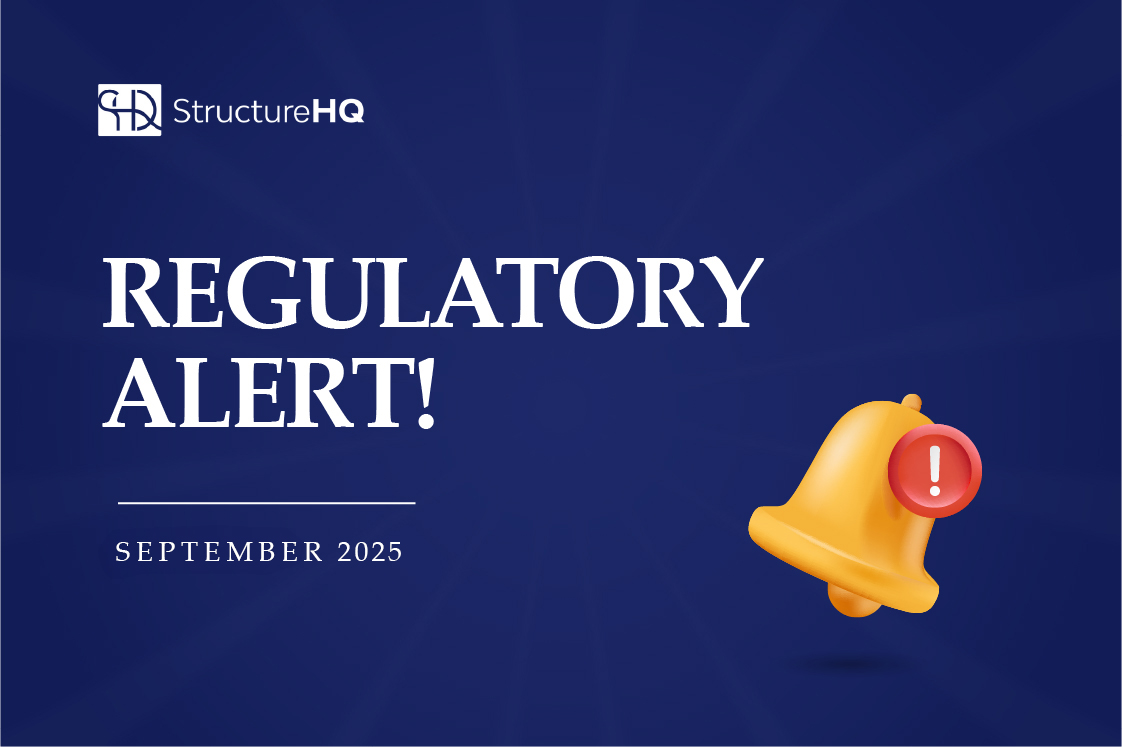Regulatory Update: Strengthening Compliance and Capital Requirements in Nigeria’s Financial Sector
Introduction
Nigeria’s financial sector is undergoing significant regulatory reforms in 2025, as regulators introduce stricter frameworks to enhance governance, stability, and investor confidence. Two key developments stand out: the Central Bank of Nigeria (CBN) has created a dedicated Compliance Department, and the National Insurance Commission (NAICOM) has rolled out new minimum capital requirements under the Nigerian Insurance Industry Reform Act (NIIRA) 2025.
Together, these measures underscore Nigeria’s commitment to aligning with global regulatory best practices while strengthening resilience across banking and insurance.
1. CBN: ESTABLISHMENT OF THE COMPLIANCE DEPARTMENT AND REASSIGNMENT OF NON-PRUDENTIAL SUPERVISORY RESPONSIBILITIES
Further to its circular dated September 4, 2025, the Central Bank of Nigeria (CBN) has announced the establishment of a dedicated Compliance Department. This new department will oversee all non-prudential risk areas within regulated institutions.
The Compliance Department will now be responsible for the supervision of the following areas:
Financial Crime Supervision –including Anti-Money Laundering (AML), Countering the Financing of Terrorism (CFT), Counter-Proliferation Financing (CPF), and sanctions compliance.
Market Conduct Supervision–covering disclosure practices, complaints management frameworks, and advertising standards.
Enterprise Security Supervision–including cybersecurity, data protection, and third-party risk management.
Corporate Governance and ESG Supervision – encompassing board effectiveness, corporate governance frameworks, and Environmental, Social, and Governance (ESG) oversight.
This reform aligns with the CBN’s broader objective to strengthen regulatory effectiveness and ensure a more focused oversight of non-prudential and emerging risks within the financial sector. All regulatory reports related to the above areas should henceforth be directed to the Compliance Department.
2. NAICOM: IMPLEMENTATION OF THE NEW MINIMUM CAPITAL REQUIREMENT PRESCRIBED BY THE NIGERIAN INSURANCE INDUSTRY REFORM
Following the enactment of the Nigerian Insurance Industry Reform Act (NIIRA) 2025, the National Insurance Commission (NAICOM) has formally notified all insurance and reinsurance companies of the commencement of the recapitalisation exercise as mandated by the new law.
Key Highlights of the NIIRA 2025:
i. Minimum Capital Requirements (MCR) and Risk-Based Capital (RBC) Framework
The NIIRA 2025 introduces significantly higher Minimum Capital Requirements for operators in the insurance sector, as follows:
· Life Insurance Companies – ₦10 billion
· Non-Life Insurance Companies – ₦15 billion
· Composite Insurance Companies – ₦25 billion
· Reinsurance Companies – ₦35 billion
In addition to the revised capital thresholds, the Act introduces a Risk-Based Capital (RBC)framework, shifting focus from a one-size-fits-all model to a risk-sensitive capital adequacy regime for both insurers and reinsurers.
ii. Effective Date and Compliance Period
The new MCR provisions took effect from the date of Presidential Assent – July 31, 2025. In line with the Act:
· All insurance and reinsurance companies must fully comply with the new capital requirements and applicable RBC framework within a 12-month period, ending July 30, 2026.
iii. Oversight and Implementation
To facilitate a smooth transition and ensure effective implementation, NAICOM has established a Recapitalisation Oversight Committee tasked with supervising the execution of there capitalisation programme.
All insurance and reinsurance operators are advised to begin internal assessments and capital planning to ensure full compliance within the stipulated timeline.
Industry insight: For companies exploring capital markets solutions, read SHQ Legal's guide to structuring innovative capital market transactions.
Conclusion
The creation of the CBN Compliance Department and NAICOM’s new capital requirements represent major regulatory milestones for Nigeria’s financial sector in 2025. These updates will reshape compliance expectations for banks, insurers, and investors, driving higher standards of governance and financial resilience.
Financial institutions and stakeholders should review their compliance frameworks and capital adequacy strategies now to stay ahead of regulatory enforcement.
If you have any questions, need additional information, or guidance, please email compliance@thestructurehq.com
Or Contact:





.jpg)






